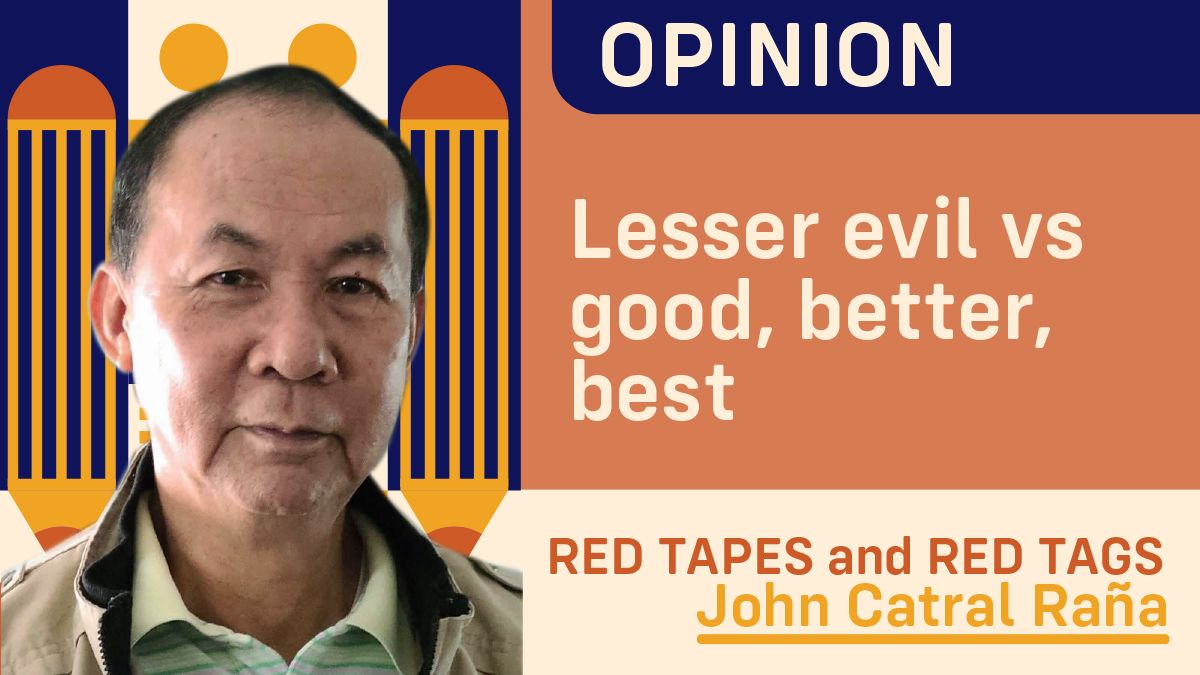In an ideal democracy, elections should be about selecting the best leaders—those who embody competence, integrity, and vision. Voters should be able to choose from candidates ranked not from bad to worse, but from good to better to best. Unfortunately, under systems dominated by political dynasties and patronage politics, this remains a pipe dream. Instead of selecting the most capable leaders, voters are often left with a choice between the lesser evil and the greater evil.
The evil of political dynasties
Political dynasties—families that pass government positions from one generation to the next—control vast portions of government, especially in countries with weak democratic institutions.
Elections, which should be about merit, become family affairs, where name recognition and inherited influence outweigh competence and vision.
In the Philippines, around 70% of Congress—both the House of Representatives and the Senate—and many local government positions are controlled by political families. These dynasties have perfected the art of maintaining power through vote-buying, intimidation, and eliminating competition.
As a result, elections rarely produce fresh and independent leaders—only a recycled set of familiar names, forcing voters to choose from a narrow and often disappointing pool of candidates.
Patronage politics
Beyond political dynasties, patronage politics further narrows the selection of qualified candidates. In this system, politicians gain and maintain power by distributing favors—such as government contracts, jobs, and cash handouts—in exchange for political support.
This makes elections less about competence and more about political debts and allegiances.
Because running for office requires substantial financial backing, those without connections to wealthy patrons or political clans stand little chance of winning. This discourages young, competent, and independent-minded individuals from entering politics. With the same names dominating election after election, voters are left with no real choice but to settle for the least harmful option available.
Voter apathy: Need for voter education
The repeated cycle of choosing the lesser evil fosters voter apathy and cynicism. Many citizens feel powerless, believing that no matter who wins, nothing will change. This disengagement only strengthens the grip of political dynasties and patronage networks.
The most viable solution to breaking this cycle is voter education. Since politicians benefiting from the status quo are unlikely to implement real reforms, the burden falls on the electorate.
Well-informed voters can:
- Resist Vote-Buying – Understanding that short-term financial handouts lead to long-term corruption can help voters reject politicians who rely on patronage.
- Demand Accountability – Educated voters can scrutinize candidates’ platforms, track their performance, and expose incompetence or corruption.
- Support Alternative Candidates – By recognizing and backing independent or reformist candidates, voters can weaken the dominance of dynasties.
- Engage in Grassroots Movements – Educated citizens can participate in advocacy campaigns that push for political reforms and transparency.
While legal reforms such as anti-dynasty laws, campaign finance regulations, and stronger political parties are necessary, these changes depend on politicians who have little incentive to alter the system.
Voter education, on the other hand, is a solution that citizens can control.
The first step toward better governance is not just in changing laws, but in changing the mindset of the voters themselves.
#WeTakeAStand #OpinYon #OpinYonNews #OpinYonColumn #RedTapesandRedTags

